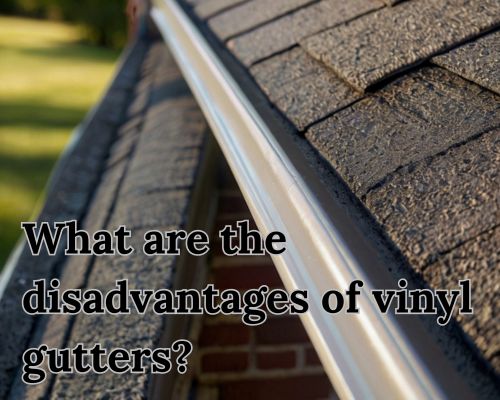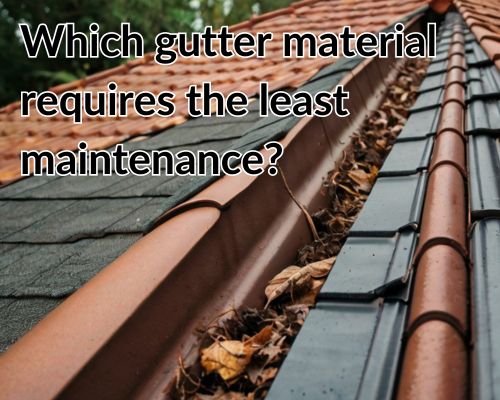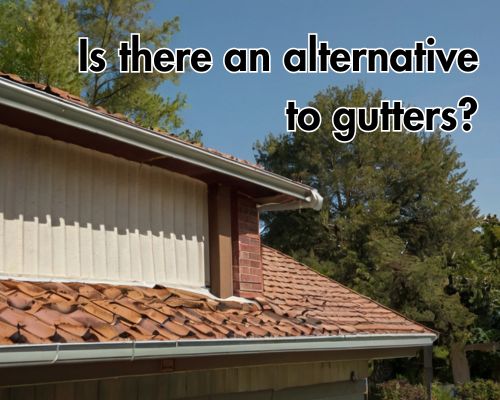How Much Does It Cost to Replace a Roof in Florida? A Complete Guide for West Palm Beach Homeowners
How Much Does It Cost to Replace a Roof in Florida? A Complete Guide for West Palm Beach Homeowners
When it comes to homeownership in West Palm Beach, Florida, one of the most significant investments you might face is replacing your roof. Whether your roof has sustained damage from hurricanes or has simply reached the end of its lifespan, understanding the cost factors involved is crucial. So, how much does it cost to replace a roof in Florida? The answer depends on several key variables, including roofing materials, labor costs, permit fees, and the size of your home. Let’s get to know it with David Spade of Star Roofing.

Factors That Impact the Cost of Roof Replacement in West Palm Beach
1. Roof Size and Complexity
Roofing companies in West Palm Beach typically charge by the square foot. The average home size in the area is around 2,000 square feet, meaning a roof replacement could cover approximately 20 roofing squares (one square = 100 square feet). If your home has multiple slopes, dormers, or skylights, the labor cost will be higher due to increased complexity.
2. Roofing Material Choices and Pricing
The choice of roofing material significantly affects the overall replacement cost. Here are some of the most common materials used in Florida and their average prices per square foot:
- Asphalt Shingles: $4.50 – $8.00 per square foot
- Metal Roofing: $8.00 – $14.00 per square foot
- Tile Roofing (Clay or Concrete): $10.00 – $18.00 per square foot
- Slate Roofing: $15.00 – $30.00 per square foot
Each material has its advantages and disadvantages. Asphalt shingles are the most budget-friendly and widely used, while metal and tile roofs offer greater longevity and durability, particularly against Florida’s extreme weather conditions.
3. Labor and Installation Costs
Labor costs in West Palm Beach are higher than in other parts of Florida due to the city’s skilled labor demand and cost of living. On average, labor costs range from $1.50 to $4.00 per square foot, depending on the complexity of the installation and the roofing contractor’s experience.
4. Permits and Inspections in West Palm Beach
The City of West Palm Beach requires permits for any roof replacement project, with fees typically ranging from $150 to $500, depending on the size of the project. In addition, homes in hurricane-prone zones may require extra inspections, increasing the overall cost.
5. Hurricane and Wind Mitigation Requirements
Since Florida is frequently hit by hurricanes, roofs must meet specific wind-resistant standards. Homeowners opting for stronger materials or additional reinforcements (such as hurricane straps or impact-resistant shingles) may face an additional $500 to $3,000 in costs. However, these enhancements can help reduce homeowners’ insurance premiums in the long run.
6. Roof Removal and Disposal Fees
If you’re replacing an old roof, you’ll also need to factor in the cost of removing and disposing of the existing materials. Disposal fees in Palm Beach County typically range from $1,000 to $2,500, depending on the type and weight of the removed materials.
7. Insurance and Financing Options
Homeowners insurance may cover roof replacement costs if the damage is due to storms or unforeseen incidents. However, if your roof is aging naturally, you’ll likely need to cover the full replacement cost out of pocket. Many roofing companies in West Palm Beach offer financing plans to spread payments over time.
Average Cost Breakdown for Roof Replacement in West Palm Beach, FL
Based on the above factors, here’s an estimated breakdown of roof replacement costs in West Palm Beach:
| Roof Type | Low-End Cost | High-End Cost |
|---|---|---|
| Asphalt Shingles | $9,000 | $16,000 |
| Metal Roofing | $16,000 | $28,000 |
| Tile Roofing | $20,000 | $36,000 |
| Slate Roofing | $30,000 | $55,000 |
These prices include labor, materials, permits, and basic wind mitigation compliance.
How to Choose the Right Roofing Contractor in West Palm Beach
Finding a reputable and experienced roofing contractor is essential for ensuring quality workmanship and compliance with Florida’s strict building codes. Here are some tips for selecting a roofer:
- Check for Licensing & Insurance: Ensure the contractor is licensed in Florida and carries liability and workers’ compensation insurance, see Star Roofing.
- Read Reviews & Testimonials: Websites like Google Reviews, BBB, and Yelp can help you assess customer satisfaction.
- Request Multiple Quotes: Compare at least three estimates to ensure you’re getting a fair price.
- Ask About Warranties: A solid warranty can protect you against defective materials or poor installation.
Is Roof Replacement a Good Investment in Florida?
A new roof is one of the best home improvements you can make in terms of return on investment (ROI). In Florida, a roof replacement can increase property value by 60-70% of its cost, making it a valuable upgrade if you plan to sell your home in the future. Additionally, new roofs provide better insulation, reducing cooling costs in West Palm Beach’s hot climate.
Final Thoughts: Budgeting for Your Roof Replacement in West Palm Beach
So, how much does it cost to replace a roof in Florida, particularly in West Palm Beach? While the total expense can vary widely, homeowners should budget anywhere from $9,000 to $55,000, depending on materials, labor, and other factors. Investing in a durable, hurricane-resistant roof can save money on repairs and insurance over time, making it a wise decision for Florida homeowners.
By working with a trusted roofing contractor and understanding all the cost components, you can ensure a smooth and cost-effective roof replacement process for your West Palm Beach home.





